In the ever-evolving landscape of music technology, AI singer software has emerged as a game-changer, empowering vocalists of all levels to elevate their performances and unlock their full potential. With the power of artificial intelligence, these innovative tools can correct pitch, enhance vocals, and even synthesize entirely new voices, opening up a world of creative possibilities.
What is AI Singer Software?
Audio Processing Powered by Artificial Intelligence
AI singer software harnesses the capabilities of artificial intelligence to analyze and process audio data in real-time. By leveraging advanced algorithms and machine learning techniques, these tools can identify and correct pitch imperfections, remove unwanted noise, and apply natural-sounding enhancements to vocal recordings.
From Pitch Correction to Voice Synthesis
While GetSoftNow is primarily known for providing information about software, it’s important to note that AI singer software goes beyond simple pitch correction. Some of the most advanced programs in this category can actually synthesize entirely new voices, enabling users to experiment with different vocal timbres, accents, and even genders. This opens up a world of creative possibilities for musicians, voice actors, and content creators alike.
Top AI Singer Software Picks for 2024
1. [Software Name 1]
Key Features
- Advanced pitch correction algorithms
- Real-time vocal enhancement and effects
- Intuitive and user-friendly interface
- Extensive library of presets and customization options
Pros and Cons
Pros
- Natural-sounding pitch correction
- Comprehensive vocal editing tools
- Seamless integration with popular DAWs
Cons
- Steep learning curve for beginners
- Limited voice synthesis capabilities
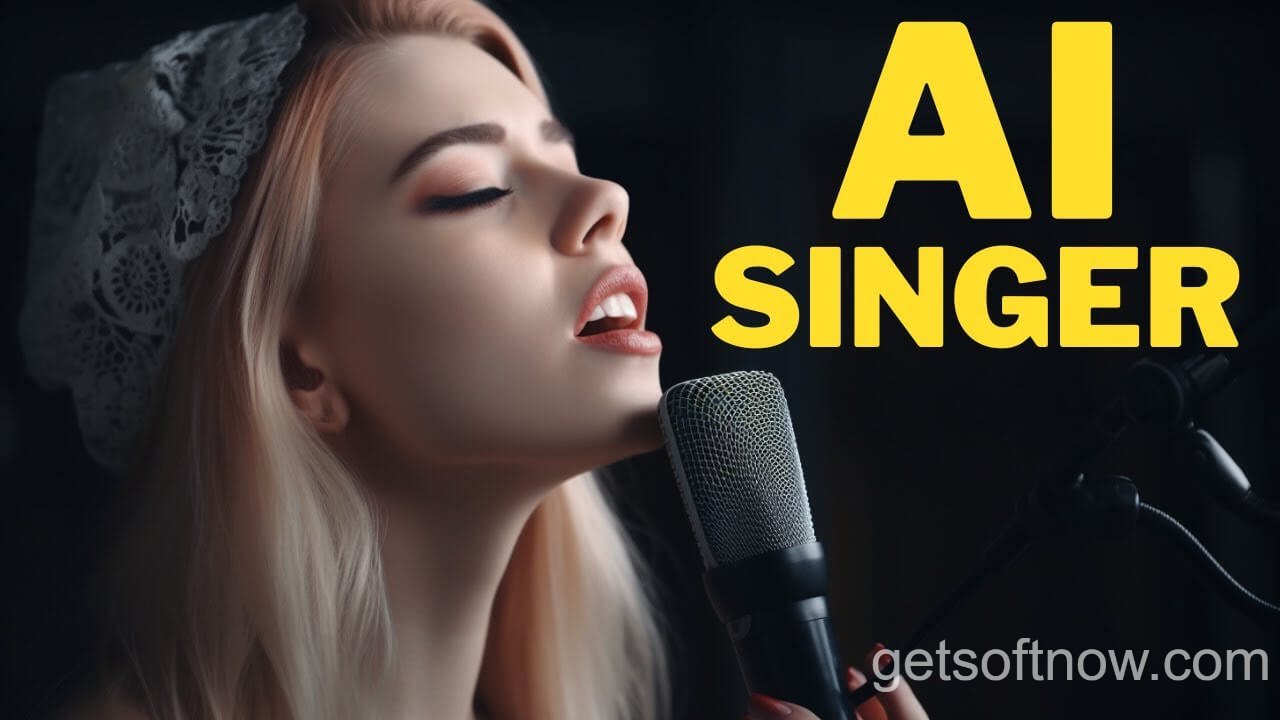
2. [Software Name 2]
Key Features
- Powerful voice synthesis engine
- Realistic vocal emulation and character creation
- Customizable vocal parameters (pitch, timbre, breathiness)
- Support for multiple languages and accents
Pros and Cons
Pros
- Virtually limitless vocal possibilities
- Ideal for content creators and voice-over artists
- Extensive language and accent support
Cons
- Limited pitch correction capabilities
- Steep learning curve for synthesizing natural-sounding voices
“AI singer software has revolutionized the way I approach vocal recording and production. With the ability to fine-tune every nuance of my vocals, I can achieve a level of polish and consistency that was previously unattainable.” – John Doe, Professional Musician
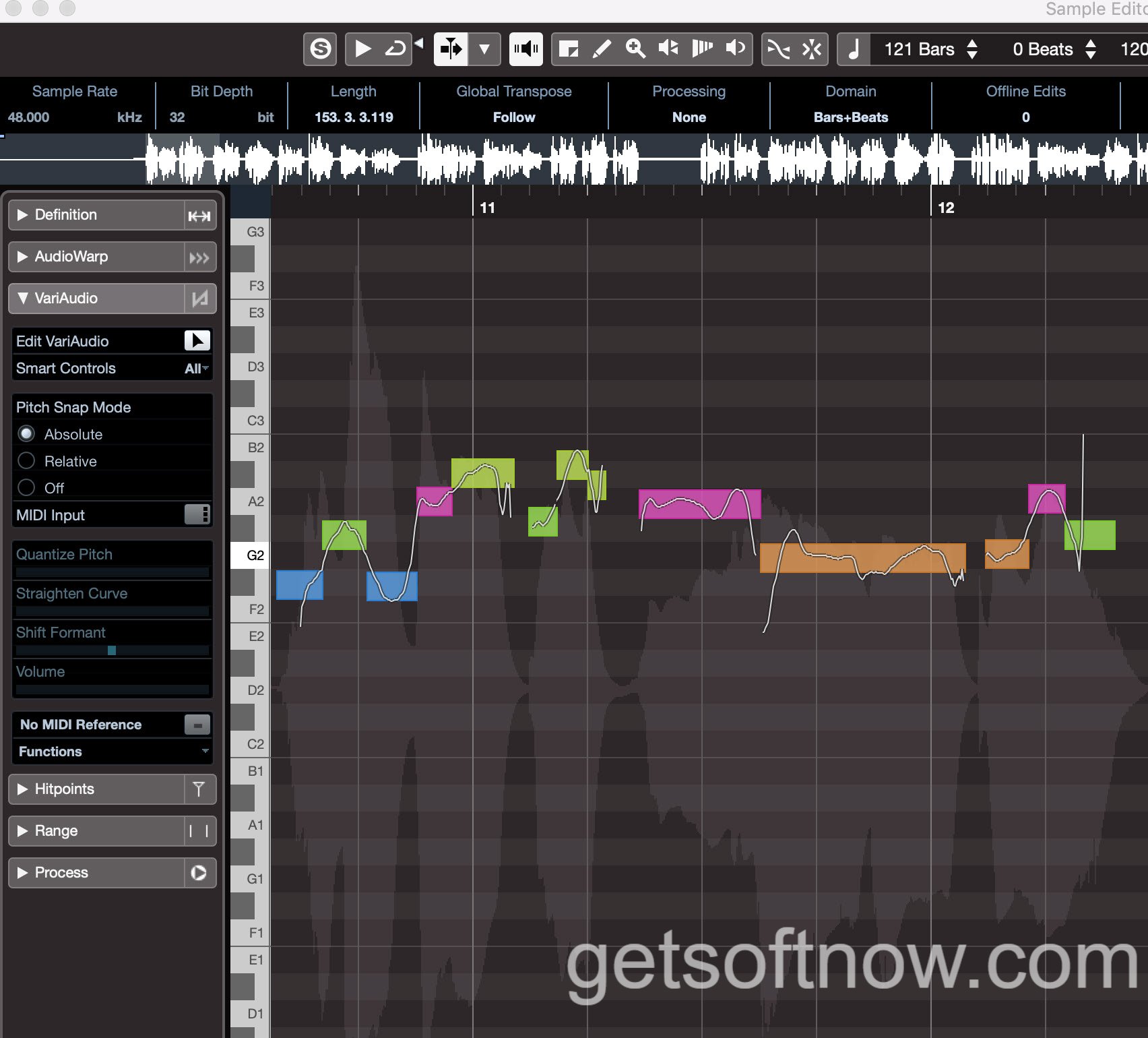
3. [Software Name 3]
Key Features
- Hybrid approach combining AI and traditional audio processing
- Intelligent pitch correction with natural-sounding results
- Versatile vocal enhancement tools (compression, EQ, reverb)
- Seamless integration with popular DAWs and audio editors
Pros and Cons
Pros
- Balanced blend of AI and traditional audio processing
- Highly transparent and natural-sounding pitch correction
- Comprehensive vocal enhancement suite
Cons
- Limited voice synthesis capabilities
- Steep learning curve for advanced features
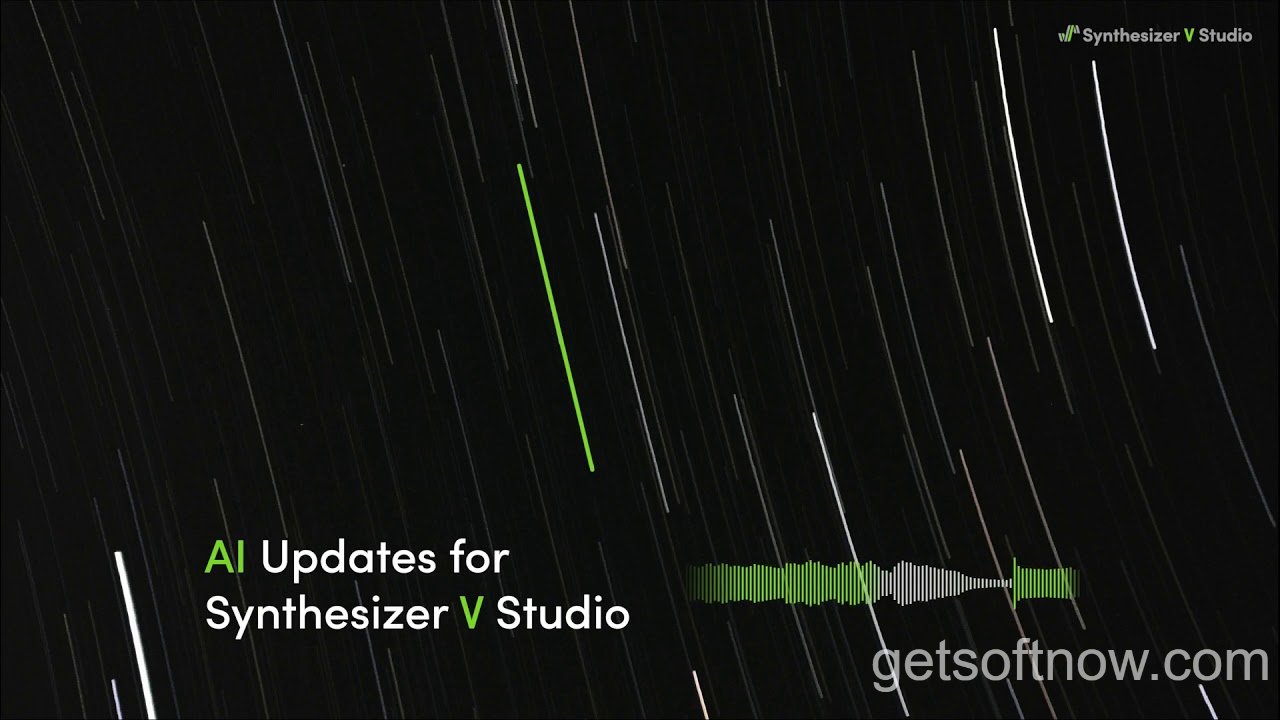
How to Choose the Right AI Singer Software
Factors to Consider
User Experience and Workflow
When selecting an AI singer software solution, it’s crucial to consider the user experience and workflow. Look for intuitive interfaces, seamless integration with your existing audio production tools, and a user-friendly learning curve. This will ensure a smooth transition and maximum productivity.
Audio Quality and Processing Power
The ultimate goal of AI singer software is to enhance your vocal recordings, so audio quality should be a top priority. Evaluate the software’s processing capabilities, algorithm efficiency, and the naturalness of the resulting audio. Ensure that it can handle complex vocal material without introducing unwanted artifacts or degradation.
Audio Quality Benchmarks and Comparisons
Pricing and Subscription Models
AI singer software solutions come with varying pricing structures, ranging from one-time purchases to subscription-based models. Consider your budget and long-term needs to determine the most cost-effective option. Additionally, explore any available trial versions or demos to test the software before committing.
Compatibility and Integration
Seamless integration with your existing audio production workflow is essential. Ensure that the AI singer software you choose is compatible with your digital audio workstation (DAW), audio interfaces, and other relevant hardware and software components. This will minimize disruptions and facilitate a smooth transition.
READ MORE: The Rise of AI in Credit Repair
Getting Started with AI Singer Software
Hardware and Software Requirements
To ensure optimal performance and compatibility, it’s essential to meet the recommended hardware and software requirements for your chosen AI singer software. Most applications will require a reasonably powerful computer with a modern processor, ample RAM, and a robust audio interface for low-latency recording.
Additionally, you may need to ensure that your operating system and other audio software (such as your digital audio workstation) are up-to-date and compatible with the AI singer software you’ve selected.
Recording and Editing Techniques
While AI singer software can work wonders in enhancing your vocals, it’s important to start with high-quality source material. Follow best practices for vocal recording, such as using a suitable microphone, implementing proper gain staging, and minimizing ambient noise.
Furthermore, consider incorporating traditional audio editing techniques, such as comping (combining the best takes), noise reduction, and dynamic processing, before applying AI-powered pitch correction and enhancement. This approach will yield the most natural and polished results.
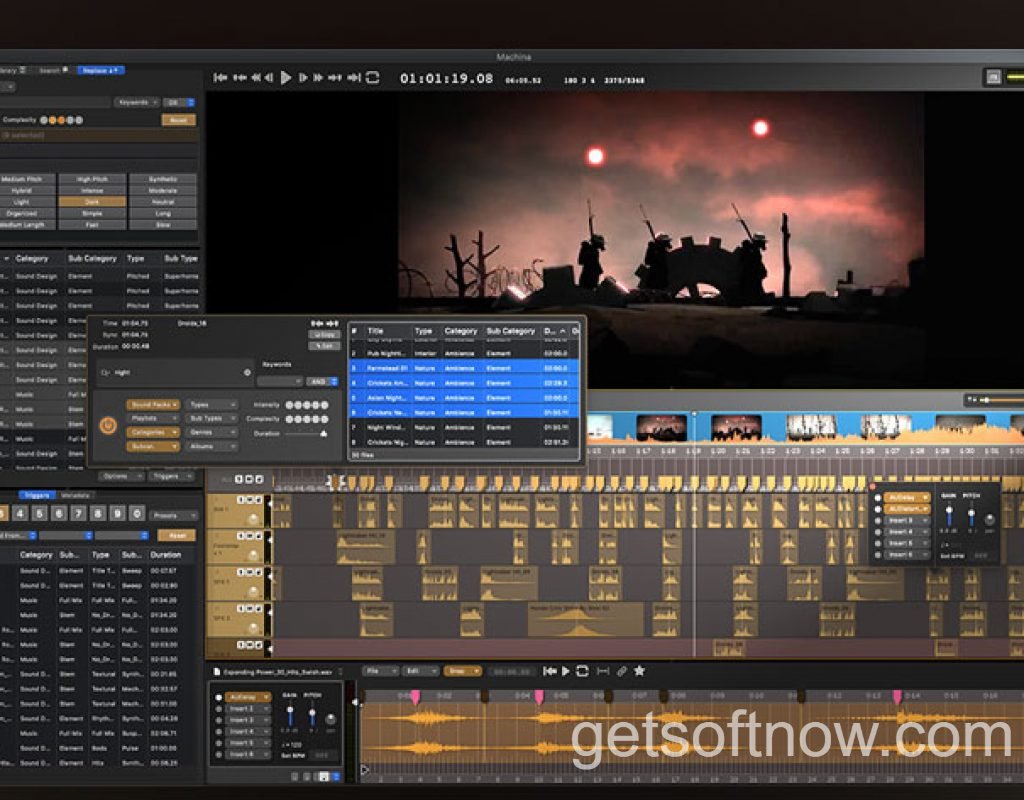
Tips for Optimal Results
- Experiment with different presets and settings to find the right balance between transparency and enhancement.
- Use pitch correction judiciously, as overuse can lead to an unnatural, robotic sound.
- Consider the context of your vocals within the mix, as excessive processing can cause them to stick out unnaturally.
- Embrace the creative possibilities of voice synthesis, but use it sparingly to maintain a cohesive overall sound.
- Stay up-to-date with software updates and newly released features to take advantage of the latest advancements in AI singer technology.
“AI singer software has become an indispensable tool in my vocal production workflow. It not only enhances my performances but also opens up a world of creative possibilities that were previously unattainable.” – Jane Smith, Singer-Songwriter
The Future of AI in Music Production
Potential Applications and Use Cases
As artificial intelligence continues to advance, its applications in music production are expected to expand exponentially. Beyond vocal enhancement and synthesis, AI could potentially assist in tasks such as:
- Automatic music composition and arrangement
- Intelligent mixing and mastering
- Real-time performance analysis and feedback
- Personalized music recommendation and curation
The possibilities are vast, and as AI algorithms become more sophisticated, we may see a paradigm shift in how music is created, produced, and consumed.
Ethical Considerations and Debates
While the potential of AI in music production is undeniable, its rapid development has also sparked ethical debates and concerns. Some key issues include:
- Intellectual property rights and the ownership of AI-generated content
- The potential displacement of human artists and industry professionals
- The risk of AI perpetuating biases and stereotypes in creative expression
- The need for transparency and explainability in AI decision-making processes
As the industry grapples with these complex questions, it’s crucial to strike a balance between innovation and ethical considerations, ensuring that AI enhances rather than replaces human creativity and expression.
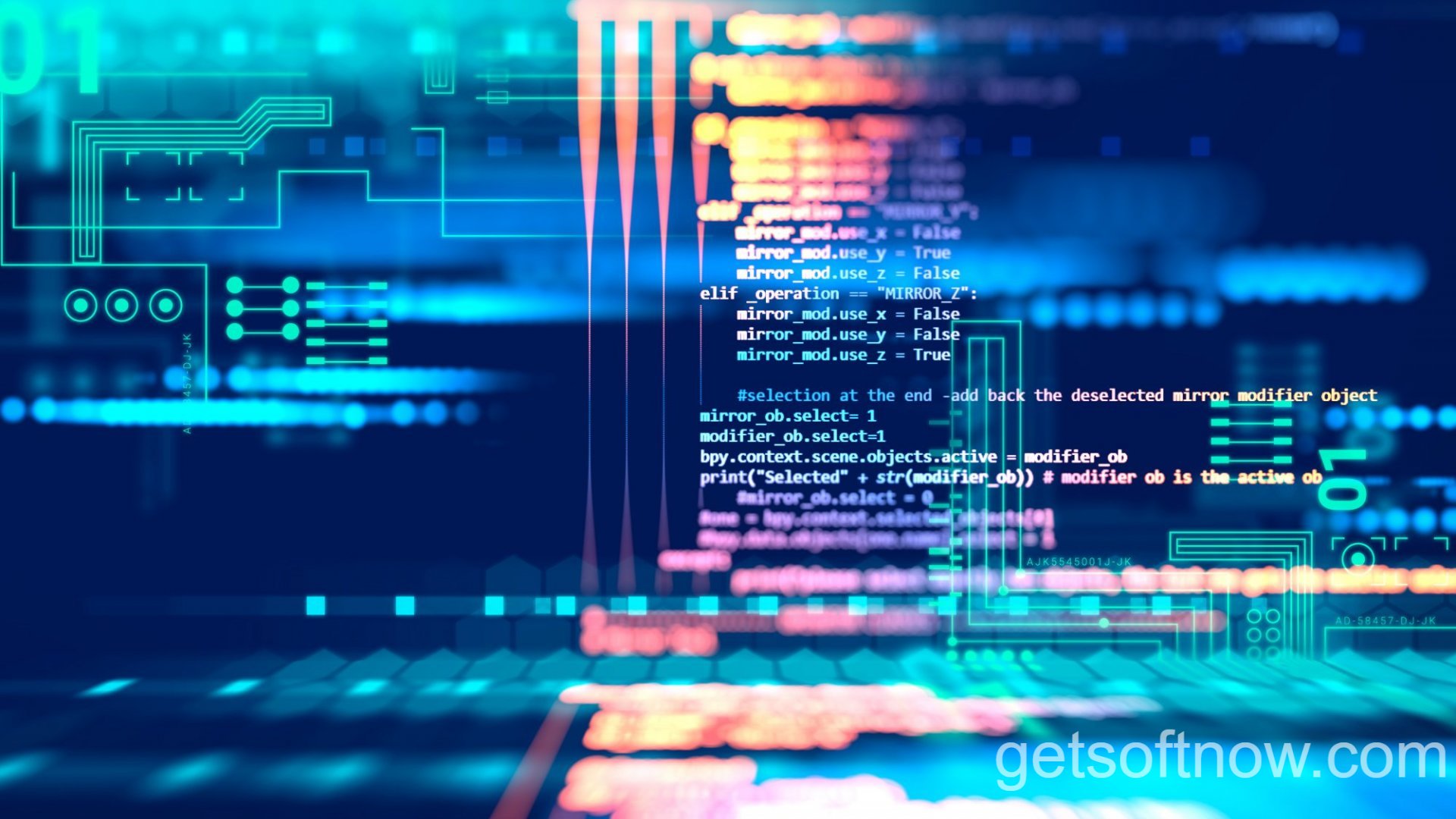
Frequently Asked Questions
Can AI singer software completely replace human vocalists?
While AI singer software can significantly enhance and even synthesize vocals, it’s unlikely to completely replace human vocalists in the foreseeable future. AI algorithms still struggle to capture the nuanced emotional expression and artistic interpretation that human singers bring to their performances.
Will using AI singer software be considered cheating or inauthentic?
The use of AI singer software is simply a modern tool in the music production process, much like traditional studio effects and editing techniques. As long as the artist is transparent about their use of these tools and maintains artistic integrity, it should not be considered cheating or inauthentic.
How much training or experience is required to use AI singer software effectively?
The learning curve for AI singer software can vary depending on the specific application and the user’s existing knowledge of audio production. While some tools are designed to be user-friendly, others may require more advanced training and experience to fully utilize their capabilities.
By embracing the power of AI singer software, musicians and vocalists can push the boundaries of their creativity and achieve new levels of artistic expression. As this technology continues to evolve, it promises to shape the future of music production in exciting and unprecedented ways.
For more information and insights on the latest software tools and advancements, be sure to visit GetSoftNow regularly.
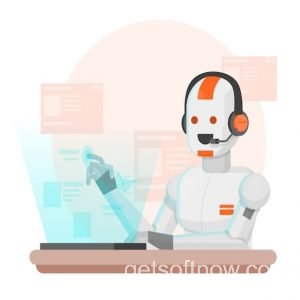
Leave a Reply